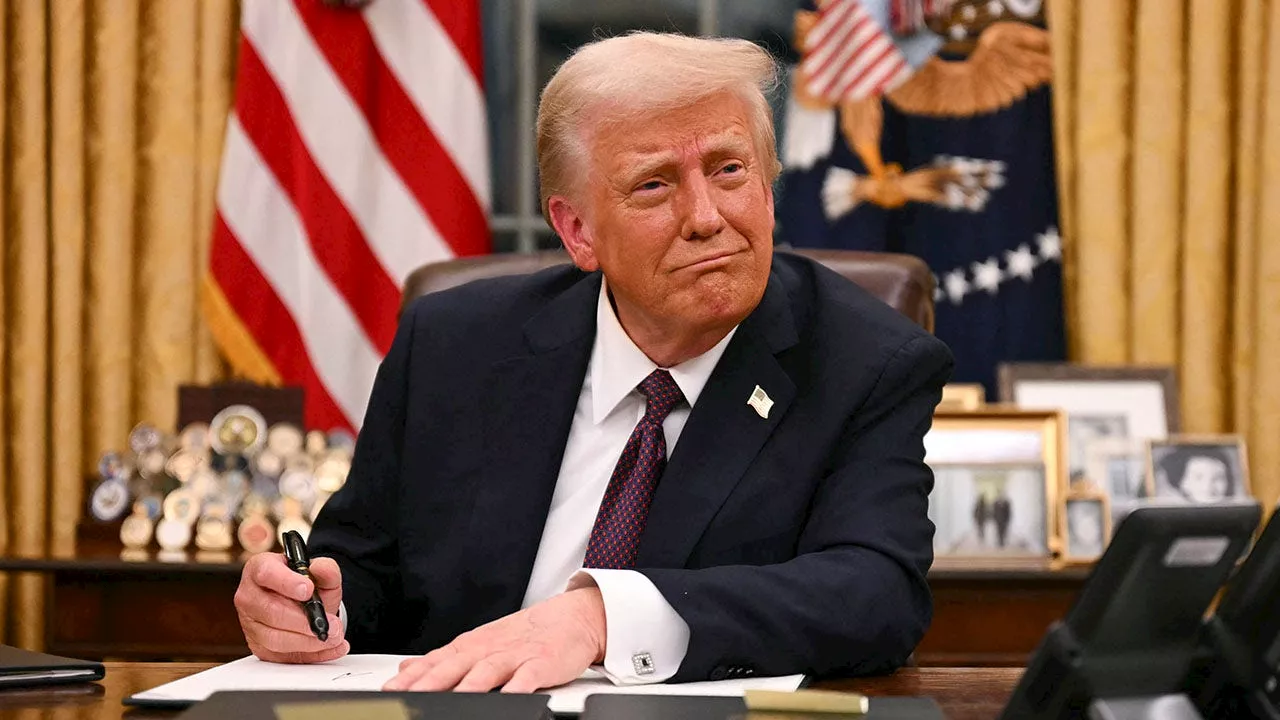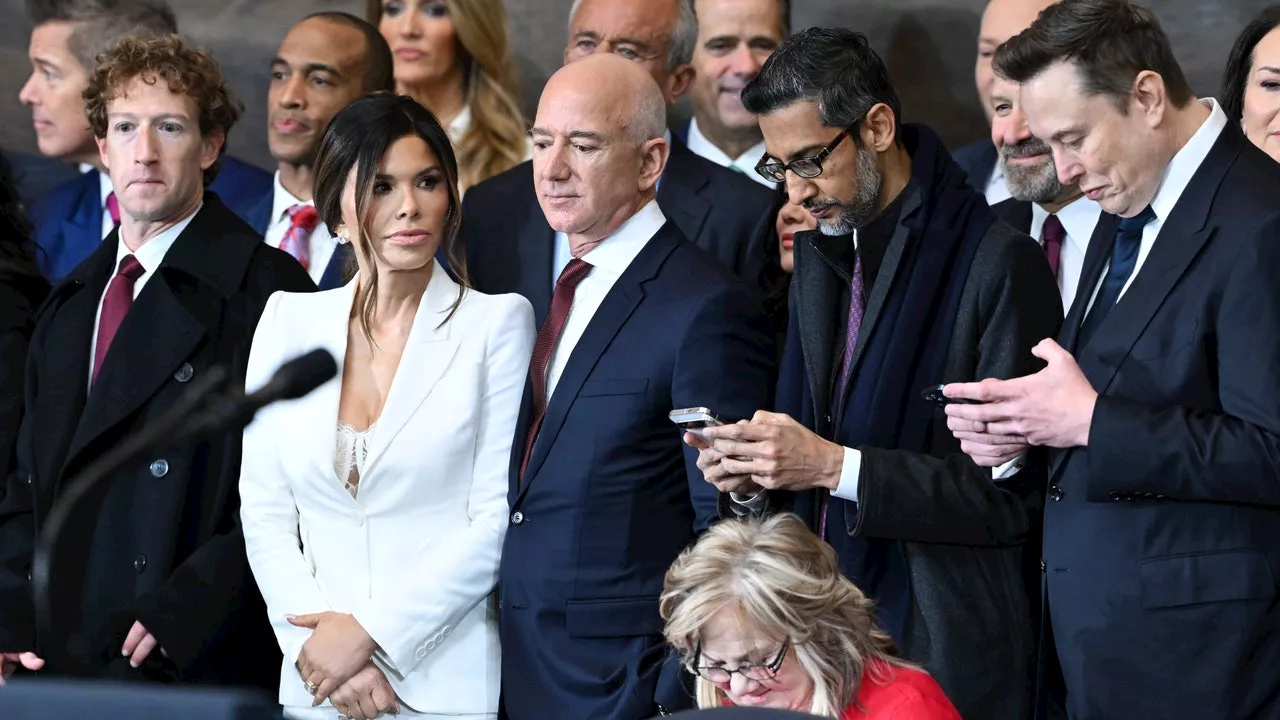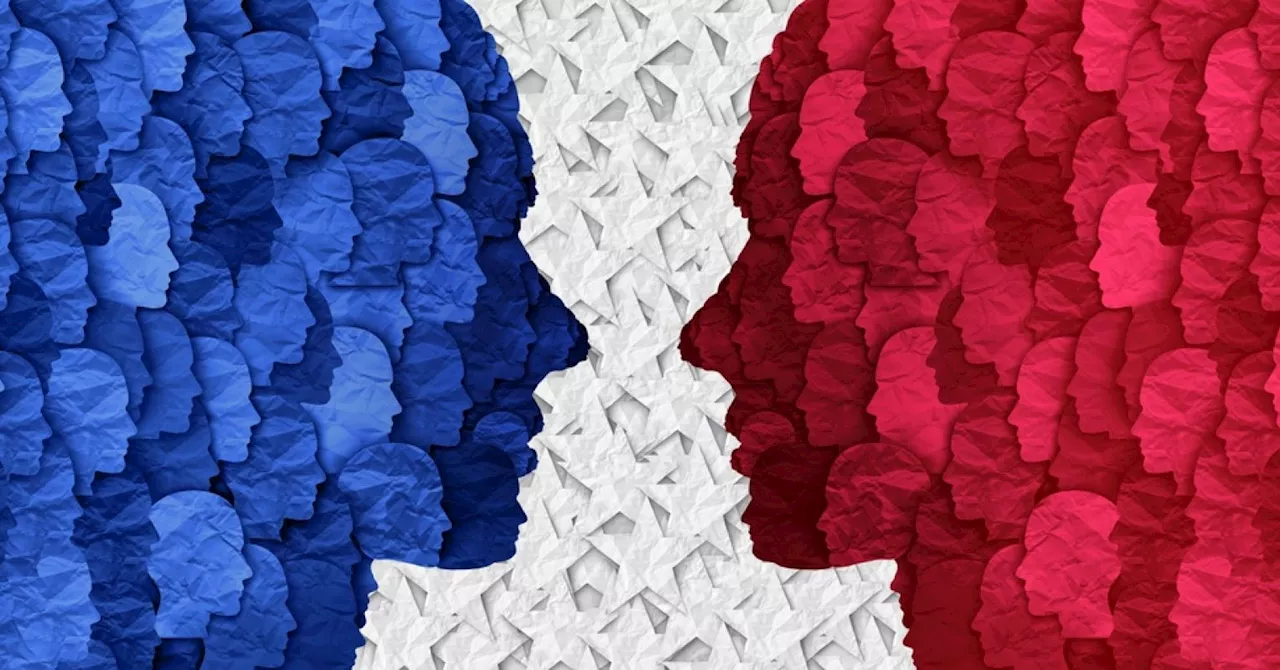This blog post explores the decline of respectful dialogue in American politics and proposes strategies for fostering constructive conversations across ideological divides.
Respectful and constructive dialogue is vanishing from American political life. There is, arguably, no more urgent question for American society today than how we can listen and talk with each other constructively, with less hostility and contempt. In this blog, I will offer an explanation of our political differences—why we continue to disagree about fundamental issues of American life, drawing from political history and contemporary social science research.
I will then discuss principles of constructive dialogue and reasoned debate—alternatives and antidotes to the angry, repetitive, and unproductive arguments that now dominate American political culture. I will describe a way of listening, thinking, and talking about political differences that allows us, more often, to understand each other's concerns and then, when we continue to disagree, even when we firmly believe that our opponents are wrong, to discuss our disagreements with greater civility and respect. This is not a page about who is right and who is wrong. It is about how to have a better national conversation. My goal is to help us understand each other, to encourage listening and dialogue, to challenge unproductive modes of thought and debate, to resist false dichotomies and ideological certainty, to see new perspectives and possibilities, and to help us find common ground—moments of togetherness and good feeling that quickly dissipate when conflicts emerge. The kind of conversation I will recommend allows for debate, but it does not begin with debate. Argument and debate are valid and necessary forms of political discussion but, in the current climate, they often dominate, leading to more division and alienation. The climate of American politics has devolved a long way since Al Gore said of his Republican opponents in 1992, “They’re not bad people,' and George W. Bush appealed for national unity and religious tolerance following the attacks of September 11. Many of us no longer feel this way. We are now divided not only in our political beliefs, but in how we feel about each other. We no longer think of the opposing party as people we disagree with; we think, as Gore and Bush told us not to, that they are bad people. By 2019, over 42% of both Republicans and Democrats believed that members of the other party are not just bad for politics; they are downright evil.' Our current political climate has been described as increasingly ‘sectarian’; we dislike the other side more than we admire our own. Our votes are based on: We vote against ‘them’ more than we vote for ‘us.’ We now see only extremism on the other side. In some surveys, when asked about actual policies, we disagree with each other about as much as we always have. Our political parties, however, have moved farther apart. Partisanship has a strong effect not only on our opinions but on our perceptions of facts. When the party we support is in office, we believe the economy is doing well. As soon as the other party wins, we believe it is doing badly. (This is true of both sides, but more strongly for Republicans.) If we are told that a policy—for example, on welfare benefits—has been proposed by our side, we are likely to agree with it. If we are told that the same policy was presented by the other side, we disagree with it. We believe that our judgments are based only on the facts and deny that party affiliation has influenced our opinion. An erosion of empathy for those who disagree with us may be the most important cause (and symptom) of our current polarization and hatred. Arlie Russell Hochschild calls this our ‘empathy wall’ and asks, ‘Is it possible, without changing our beliefs, to know others from the inside, to see reality through their eyes, to understand the links between life, feeling, and politics; that is, to cross the empathy wall?’
POLITICAL DIALOGUE CIVILITY EMPATHY POLITICAL POLARIZATION UNITED STATES POLITICS
United States Latest News, United States Headlines
Similar News:You can also read news stories similar to this one that we have collected from other news sources.
 The Purge: Election Year - A Dystopian Thriller That Explores American PoliticsThe Purge: Election Year is a 2016 horror film that takes the dystopian franchise to new heights. Set in a future America where an annual Purge night allows for all crime to be legal, the film delves into the complex political landscape surrounding this controversial event. With a compelling cast led by Frank Grillo, Elizabeth Mitchell, and Betty Gabriel, Election Year delivers a thrilling and thought-provoking experience.
The Purge: Election Year - A Dystopian Thriller That Explores American PoliticsThe Purge: Election Year is a 2016 horror film that takes the dystopian franchise to new heights. Set in a future America where an annual Purge night allows for all crime to be legal, the film delves into the complex political landscape surrounding this controversial event. With a compelling cast led by Frank Grillo, Elizabeth Mitchell, and Betty Gabriel, Election Year delivers a thrilling and thought-provoking experience.
Read more »
 Michelin chef feeds the most powerful people in American politicsBusiness Insider tells the global tech, finance, stock market, media, economy, lifestyle, real estate, AI and innovative stories you want to know.
Michelin chef feeds the most powerful people in American politicsBusiness Insider tells the global tech, finance, stock market, media, economy, lifestyle, real estate, AI and innovative stories you want to know.
Read more »
 Disappointment and Diviseness: Voters Reflect on 2025 American PoliticsThis article explores the disillusionment and political division felt by voters in 2025, focusing on the experiences of young people who found both Democratic and Republican parties lacking. It delves into the perspectives of individuals like Chantal Green, who highlight concerns about party platforms, climate change, LGBTQ+ rights, and the pervasiveness of racism in the political landscape.
Disappointment and Diviseness: Voters Reflect on 2025 American PoliticsThis article explores the disillusionment and political division felt by voters in 2025, focusing on the experiences of young people who found both Democratic and Republican parties lacking. It delves into the perspectives of individuals like Chantal Green, who highlight concerns about party platforms, climate change, LGBTQ+ rights, and the pervasiveness of racism in the political landscape.
Read more »
 Trump's Second Inauguration: 'A Force of History' Dominates American PoliticsPolitico global editor-in-chief John F. Harris argues in a new piece that President Donald Trump's second victory solidifies his dominance in American politics, making him one of the most consequential leaders in the country's history. Harris emphasizes that this assessment is not about Trump's character or success as a president, but about the undeniable impact he has had.
Trump's Second Inauguration: 'A Force of History' Dominates American PoliticsPolitico global editor-in-chief John F. Harris argues in a new piece that President Donald Trump's second victory solidifies his dominance in American politics, making him one of the most consequential leaders in the country's history. Harris emphasizes that this assessment is not about Trump's character or success as a president, but about the undeniable impact he has had.
Read more »
 Trump's Second Victory Marks 'Monumental' Impact on American PoliticsPolitico global editor-in-chief John F. Harris argues that President Trump's second inauguration solidifies his dominance in American politics, making him a consequential leader regardless of his character or success. Harris acknowledges Trump's ability to connect with voters and recognize opportunities, stating that his opponents must embrace this reality and counter his influence.
Trump's Second Victory Marks 'Monumental' Impact on American PoliticsPolitico global editor-in-chief John F. Harris argues that President Trump's second inauguration solidifies his dominance in American politics, making him a consequential leader regardless of his character or success. Harris acknowledges Trump's ability to connect with voters and recognize opportunities, stating that his opponents must embrace this reality and counter his influence.
Read more »
 Tech Titans and Trump: A New Era in American Politics?This article analyzes the significant presence of tech CEOs like Zuckerberg, Cook, Bezos, Musk, and Rogan at Donald Trump's pre-inauguration events, suggesting a potential realignment within the tech industry under Trump's return to power. The article also contrasts their visibility with the exclusion of certain Republican governors and explores the implications of this shift for American politics.
Tech Titans and Trump: A New Era in American Politics?This article analyzes the significant presence of tech CEOs like Zuckerberg, Cook, Bezos, Musk, and Rogan at Donald Trump's pre-inauguration events, suggesting a potential realignment within the tech industry under Trump's return to power. The article also contrasts their visibility with the exclusion of certain Republican governors and explores the implications of this shift for American politics.
Read more »
